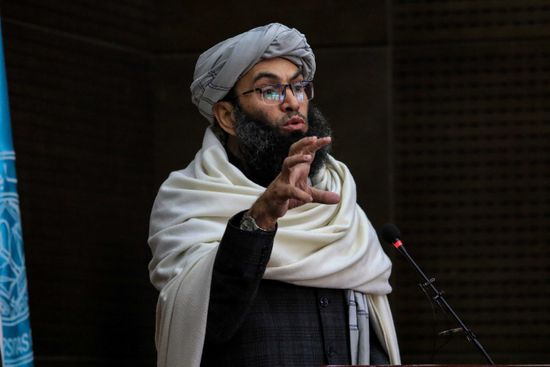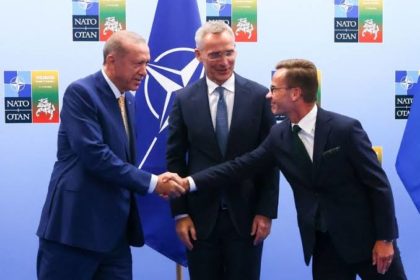RASC News Agency: While numerous international reports document sweeping violations of religious and spiritual freedoms under Taliban rule, Khalid Hanafi, the Taliban’s Minister for the Promotion of Virtue and Prevention of Vice, delivered a speech in Kabul emphasizing the need to respect the rights and needs of all citizens including non-Muslims. Speaking on Sunday at a public event, Hanafi stated that portraying a complete and accurate image of Islam is vital for reshaping public perception. “Hearts are not won through force and coercion,” he remarked, suggesting that compassion and engagement are necessary for social transformation.
However, his remarks starkly contrast with the Taliban’s consistent record of religious intolerance and systemic marginalization of religious minorities. According to extensively documented findings by global human rights organizations, the Taliban have engaged in widespread violations of religious freedoms, actively suppressing minority religious practices and persecuting adherents of non-Sunni and non-Muslim communities. A recent report by Human Rights Watch, published in March, described the state of religious freedom in Afghanistan under Taliban rule as “catastrophic”, warning that the country has transformed into a “nightmare for religious liberty and other fundamental human rights.”
Minority communities such as Shi’a Muslims, Sufis, Ahmadis, Hindus, Sikhs, and Christians face systematic discrimination, violence, and the threat of erasure. The U.S. Commission on International Religious Freedom (USCIRF) has also sounded alarm bells, noting that these minorities face persecution not only from the Taliban but also from extremist factions like the Islamic State – Khorasan Province (ISIS-K), which has carried out targeted attacks with impunity. Additional investigations reveal that non-Muslim communities in Afghanistan are prohibited from publicly practicing their faith, organizing religious ceremonies, or wearing traditional religious garments. What remains of the country’s Sikh and Hindu populations are increasingly forced into hiding or exile, while Christian converts live in constant fear, practicing their religion underground to avoid fatal reprisals.
Despite these well-substantiated realities, Hanafi claimed during his address that “Islam is a religion of justice and fairness,” and emphasized that the government must take into account the needs of all segments of society, including non-Muslims. He further called on Taliban officials to carry out their duties with integrity and to “obey their leaders, for obedience is the path to success.” Hanafi also stressed the necessity of adhering to the decrees of Taliban supreme leader Mullah Hibatullah Akhundzada, stating, “The eyes of the world are upon us. We are under scrutiny, and we must present the best image of our Islamic system to the international community.”
Portraying religious scholars as the “true leaders of society,” Hanafi asserted that “the ulama are the most trusted and closest group to the Afghanistani people.” In a stern warning, he added that “those who engage in deceitful practices or neglect their responsibilities are doomed to destruction.” Yet for many Afghanistanis, especially those belonging to religious minorities, such statements ring hollow. As one Kabul resident told RASC News on condition of anonymity, “They speak of fairness and inclusion, but in reality, they are suffocating every remaining freedom.”
Observers argue that the Taliban’s public rhetoric increasingly serves as a smokescreen, masking a repressive regime that continues to crush religious pluralism and dismantle the foundational principles of human dignity and equality. Afghanistan under Taliban control remains one of the most perilous places in the world for religious minorities, where expressions of faith outside the Taliban’s rigid interpretation of Sunni Islam are met with violence, imprisonment, or exile.






